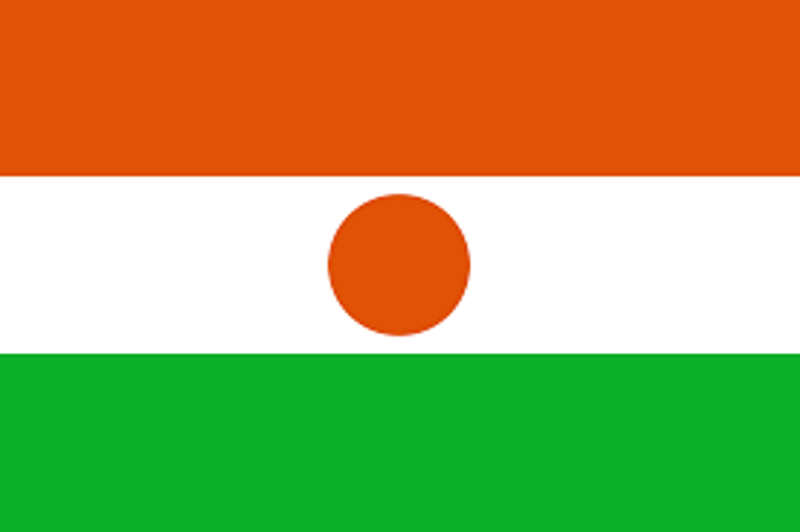
The African continent has long been a tapestry of diverse nations, each with its unique challenges and aspirations. Amongst these nations, Niger now finds itself in the spotlight due to recent political developments that have raised concerns and sparked debate across the region. The recent unconstitutional change of power in Niger has raised alarm bells across the African continent. The African Regional Organization of the International Trade Union Confederation (ITUC-Africa) has taken a firm stance against the use of military intervention as a solution to the political impasse in Niger.
On July 26th, Niger witnessed an unsettling turn of events as the Presidential Guard declared martial law and deposed the sitting president, leading to concerns about the preservation of constitutionality and democracy. ITUC-Africa swiftly condemned this unconstitutional change of power, reaffirming its commitment to the principles of democracy and the rule of law that are essential for fostering stable governance and sustainable development across the continent.
While the Economic Community of West African States (ECOWAS) has historically been at the forefront of promoting regional stability and resolving conflicts, the organization’s ultimatum, and threat of military intervention in Niger have raised concerns within the African labor movement. ITUC-Africa underscores its opposition to the use of military force in resolving the political impasse, advocating for a diplomatic and political approach instead.
The Sahel region, where Niger is situated, has long been grappling with complex security challenges. Extremists, terrorists, and insurgents have sowed discord, leading to tragic consequences: loss of lives, abduction of children, destruction of schools, and displacement of countless families. The impact of these attacks on agriculture and livelihoods has contributed to high poverty rates, internally displaced persons, and overall instability in the region. Considering these realities, ITUC-Africa finds ECOWAS’ military intervention proposal concerning.
As ITUC-Africa emphasizes, the situation in Niger has not yet escalated into violence, offering a window of opportunity for diplomatic resolution. The call for dialogue over military action is rooted in a conviction that peaceful options exist and must be explored wholeheartedly.
“ECOWAS must reverse course and tactically embrace diplomatic and political dialogue to resolve this impasse. Until now, no single bullet has been shot, and no death has been recorded in Niger because of the coup. This situation should not be allowed to degenerate into violent military hostilities. We are convinced that peaceful options exist and must be genuinely pursued. We say NO to military intervention and YES to inclusive and genuine dialogue”, said ITUC-Africa declaration.
ITUC-Africa called upon ECOWAS to embrace a robust and swift diplomatic dialogue to address the crisis at hand. The organization believes that military intervention would not only destabilize Niger further but also have far-reaching negative repercussions for the entire West African sub-region and the broader African continent.
